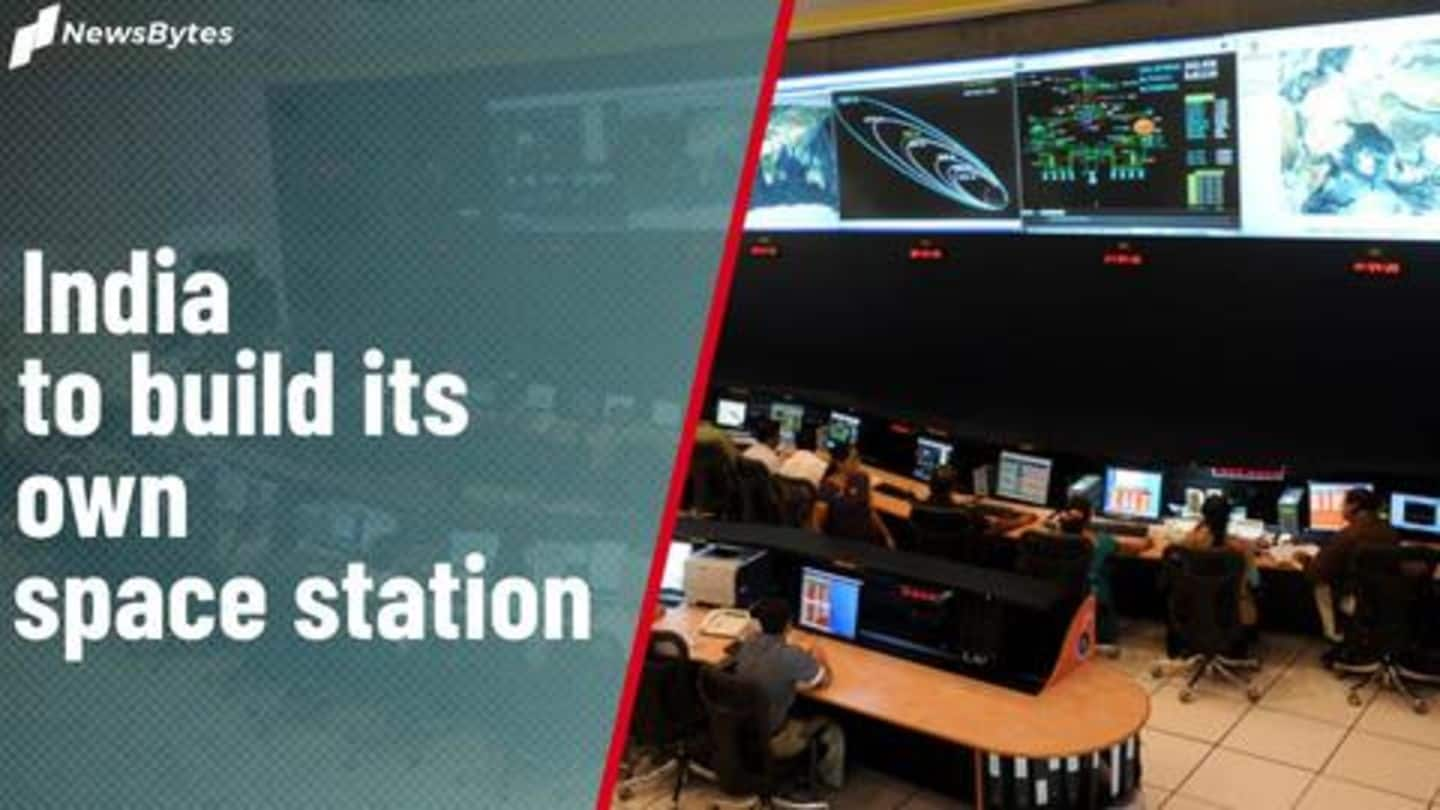
India plans to build its own space station: ISRO Chairman
What's the story
Days after NASA said it would open the International Space Station for tourists, India has announced that it will build its own space station. The plan for the country to have its own orbital lab was confirmed by Dr. K Sivan, the Chairman of the Indian Space Research Organization (ISRO). Here's everything you need to know about the ambitious project.
Details
Space Station would be an extension of 'Gaganyaan' mission
Notably, ISRO is working to launch three astronauts into space as part of India's first-ever manned mission. The project is expected to be completed by 2022 and will be followed by the launch of India's own space station, Sivan said. The details of the project, which would be a major boost to the Indian space program, would be revealed after the manned flight.
Launch
Launch targeted by 2030
Sivan said that the space station would be an extension of the Gaganyaan project and would be prepped in 5-7 years, by 2030. "It will be a smaller module, which would be mainly used to carry out microgravity experiments," he claimed, noting that "the preparations are underway, but we hope to take the project ahead only after the successful completion of Gaganyaan, in 2022."
Collaboration
And, ISRO won't collaborate with other countries
It is worth noting here that ISRO has said it won't collaborate with any country to build and launch its own 20-tonne space station. Now, this would be a major move, especially considering that the only active orbital lab, the International Space Station, has been built jointly by the US, Russia, Japan, Europe, and Canada. To recall, the ISS was setup in 1998.
ISRO missions
Many missions to be executed before space station
The space station marks another big addition to the list of highly ambitious projects ISRO is working on. The Gaganyaan mission is set to launch by 2022, but before that, the agency will send a probe called Chandrayaan-2 to the Moon as well as one to the Sun and Venus respectively. The Sun mission, dubbed Aditya-L1, is slated to launch in 2020.